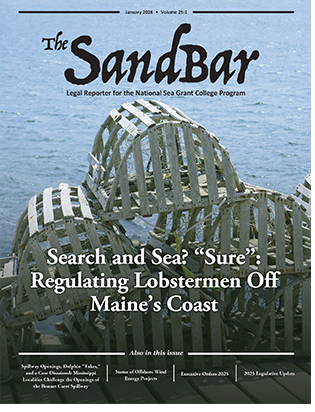Publications
Questions About Our Publications?
To learn more about our publications,
feel free to contact:
Barry Barnes
bdbarne1@olemiss.edu
Our Publications
View all of our published work:












